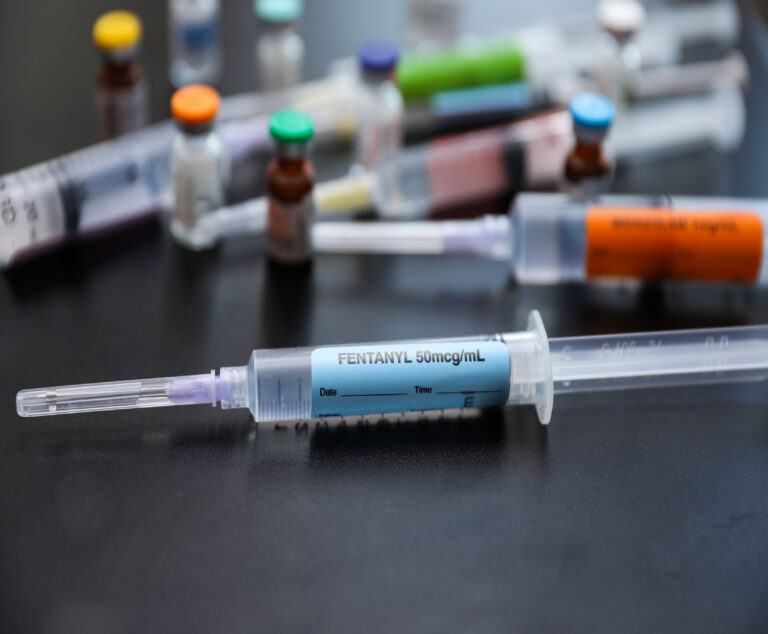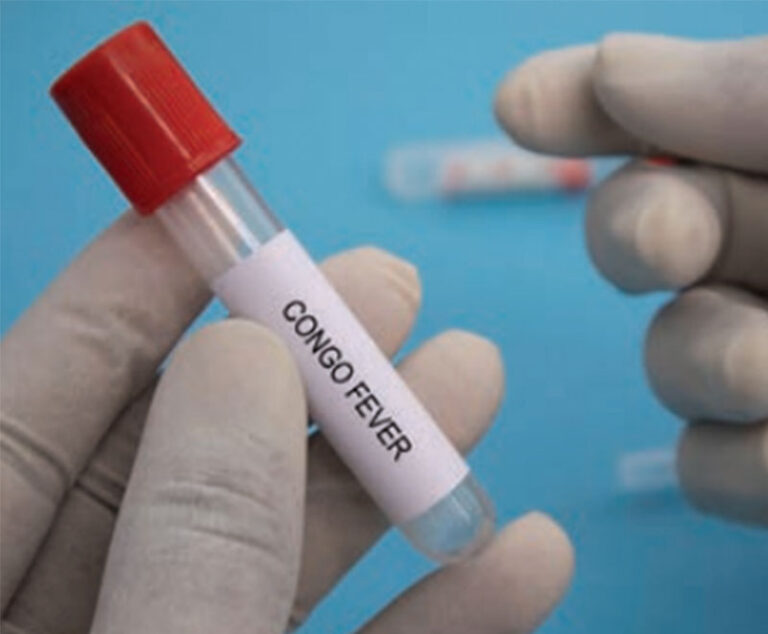Industry News
Research, Science & Manufacturer Updates
A vaccine candidate called GBP511 that builds upon a self-assembling nanoparticle technology has begun human clinical testing in Australia.
FDA has granted fast track designation to gamgertamig (OM336) for the treatment of immune thrombocytopenia and cold and warm autoimmune hemolytic anemia.
A clinical tria that evaluated an alpha-lactalbumin (aLA) vaccine demonstrated an immune response in 74 percent of patients who presently have or are at high risk for triple-negative breast cancer.
A study has identified, for the first time, a case of spontaneous correction of a genetic mutation in a patient with CD137 deficiency, a rare immunodeficiency that causes vulnerability to Epstein–Barr virus infection.
GAMMAGARD LIQUID ERC (immune globulin infusion [human]) with less than or equal to 2 µg/mL IgA in a 10% solution, by prescription, is now available in the U.S.
The U.S. Food and Drug Administration has granted breakthrough therapy designation to ianalumab for Sjögren’s disease.
Researchers have developed an inhalable nanotherapy called BEAT (Bispecific Exosome Activator of T Cells) that can activate the immune system against cancers resistant to current checkpoint inhibitor therapies.
A vaccine that blocks the effects of fentanyl, including overdoses, is scheduled for Phase I human trials in the Netherlands in early 2026 to assess its safety.
The U.S. Department of Health and Human Services has doubled funding for its Childhood Cancer Data Initiative at the National Institutes of Health
The National Institutes of Health launched the $50 Million Autism Data Science Initiative, supporting 13 pioneering projects
The National Institutes of Health granted Scott Pegan, PhD, nearly $3.4 million to lead an study to develop protective antibodies against Crimean Congo hemorrhagic fever virus











